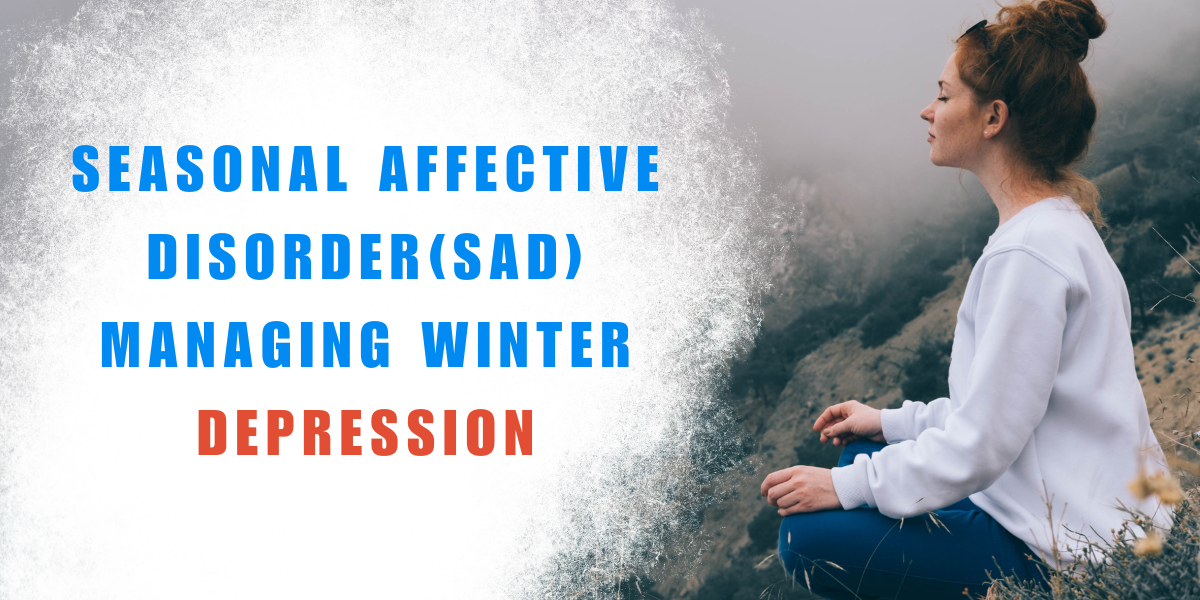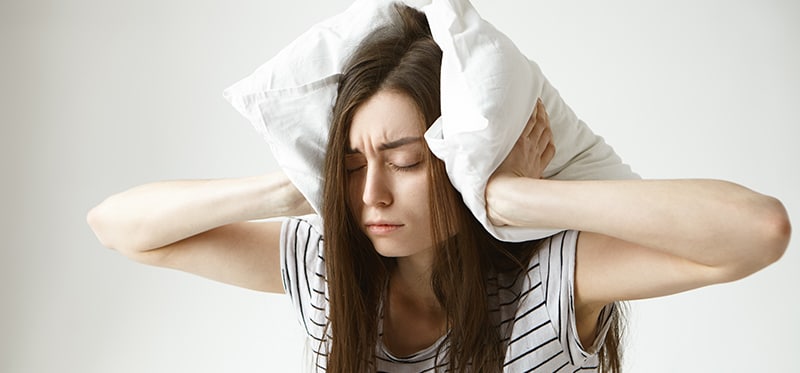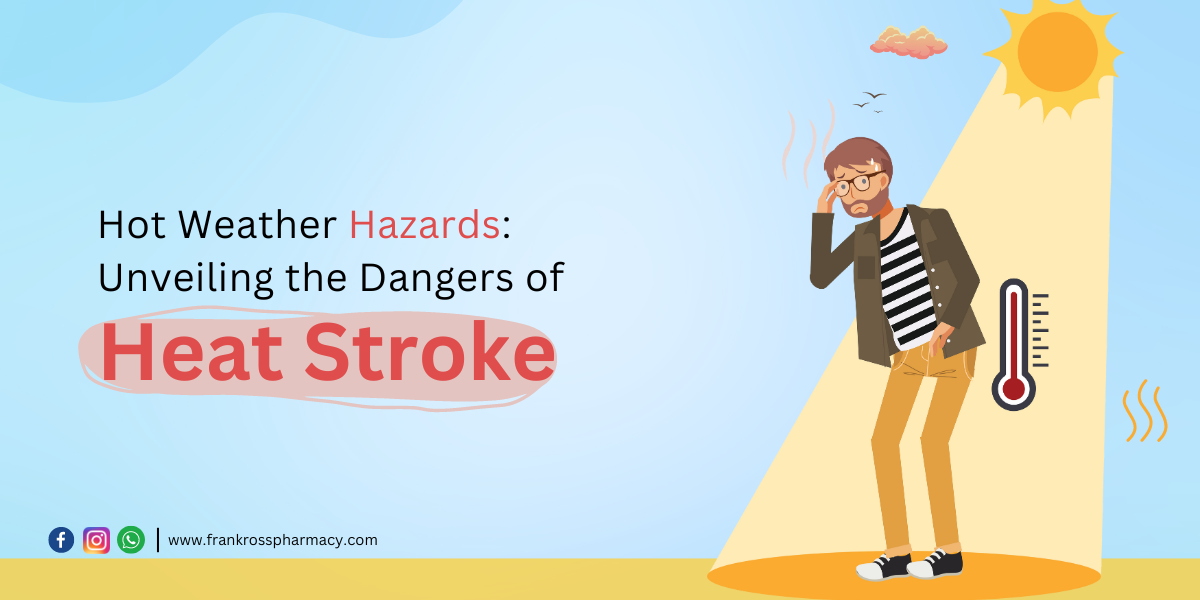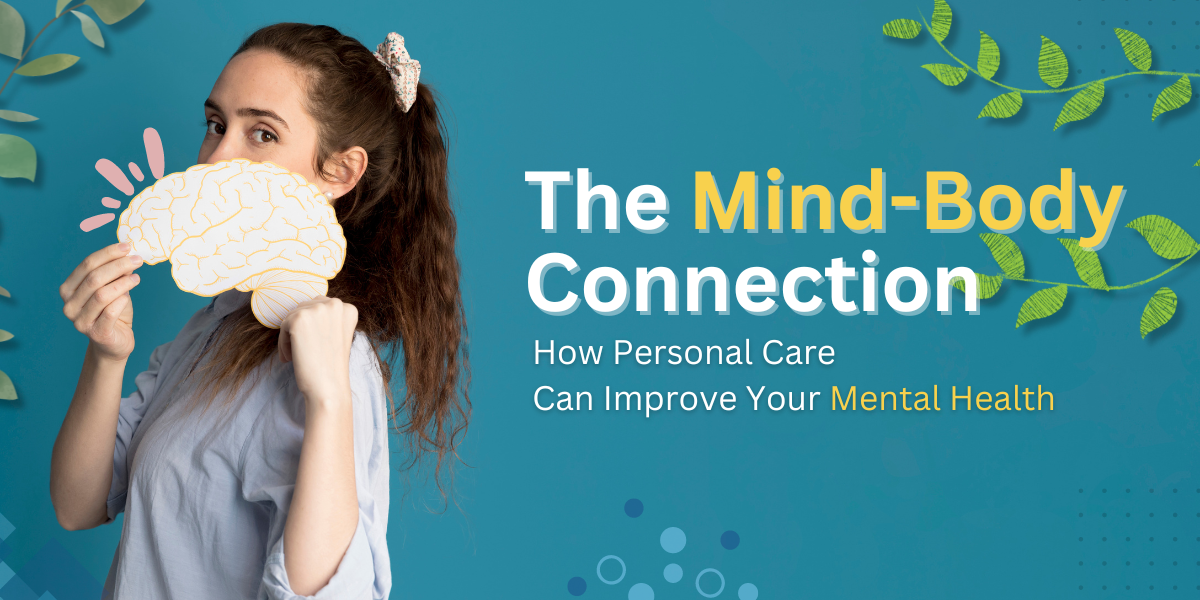Seasonal Affective Disorder (SAD) is a type of depression that tends to occur during particular seasons, usually in the fall and winter when daylight hours are shorter. This condition can have a significant impact on a person’s mental and emotional well-being, often leading to feelings of sadness, lethargy, and a lack of motivation. Understanding the causes, symptoms, and treatment options for SAD is crucial for effectively managing this condition and maintaining overall mental health during the winter season.
Causes of Seasonal Affective Disorder (SAD)
The exact cause of SAD is not fully understood, but it is believed to be related to changes in the body’s internal clock, or circadian rhythm, which regulates sleep-wake cycles, hormones, and other bodily functions. Reduced exposure to sunlight during the shorter days of winter can disrupt the body’s natural rhythms, leading to symptoms of depression in susceptible individuals. Additionally, changes in serotonin and melatonin levels, neurotransmitters that play a role in mood regulation, may also contribute to the development of SAD.
Symptoms of Seasonal Affective Disorder (SAD)
The symptoms of SAD are similar to those of major depression and may include:
- Persistent feelings of sadness or hopelessness
- Low energy and fatigue
- Difficulty concentrating
- Changes in appetite or weight, often with a craving for carbohydrates
- Loss of interest in activities once enjoyed
- Social withdrawal
- Irritability
- Difficulty sleeping or oversleeping
- Thoughts of death or suicide
It’s essential to recognize these symptoms and seek help from a healthcare professional if you or someone you know is experiencing them, as SAD can have a significant impact on daily functioning and overall quality of life.
Treatment and Management of Seasonal Affective Disorder (SAD)
Several effective treatments are available for managing SAD, including:
- Light therapy: Exposure to bright artificial light that mimics natural sunlight can help regulate the body’s internal clock and improve mood. Light therapy is often used as a first-line treatment for SAD and can be administered at home using a light box.
- Psychotherapy: Cognitive-behavioral therapy (CBT) and other forms of psychotherapy can help individuals learn to identify and change negative thought patterns and behaviors associated with SAD.
- Medication: Antidepressant medications, particularly those that affect serotonin levels, may be prescribed to help alleviate symptoms of SAD in some cases.
- Lifestyle changes: Engaging in regular physical activity, maintaining a healthy diet, getting adequate sleep, and managing stress can all help reduce the severity of SAD symptoms.
Prevention and Self-Care for Seasonal Affective Disorder (SAD)
While it may not be possible to prevent SAD entirely, there are several steps individuals can take to reduce their risk and manage symptoms:
- Spend time outdoors: Even on cloudy days, exposure to natural light can help regulate your body’s internal clock and improve your mood.
- Stay active: Regular physical activity can boost your mood and energy levels, helping to alleviate symptoms of depression.
- Maintain a healthy lifestyle: Eating a balanced diet, getting enough sleep, and managing stress can all contribute to overall mental well-being.
- Seek support: Talking to friends, family members, or a mental health professional about your feelings can provide valuable support and help you cope with SAD.
In conclusion, Seasonal Affective Disorder (SAD) is a type of depression that occurs at specific times of the year, usually during the fall and winter months. Recognizing the symptoms, understanding the causes, and knowing the available treatments and prevention strategies are essential for effectively managing this condition and maintaining overall mental health during the winter season.





